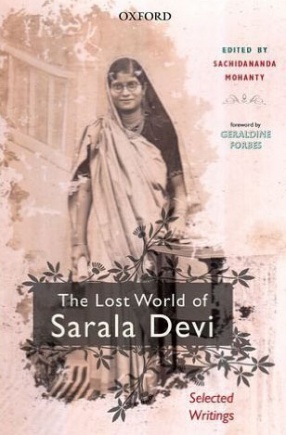
Sachidananda Mohanty

Showing all 8 books
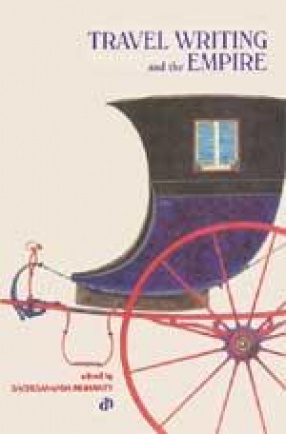


A multifaceted personality and a prolific Odia writer, Sarala Devi (1904–1986) was a noted freedom fighter, feminist, and social activist of her times. Her work covers many forms, including prose, fiction, play, literary criticism, and biography. This book brings together some of Sarala Devi’s best writings, including her charming tales for children with fascinating characters. Far ahead of her time, and completely forgotten now, she voiced important ...
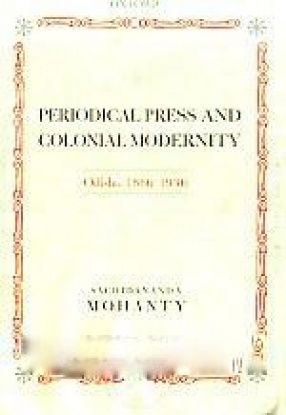
The late nineteenth and early twentieth centuries witnessed the emergence of colonial modernity in Odisha through the genre of the periodical press. How did the modernity project evolve in colonial Odisha? What were its contours? Was this modernity entirely consensual, or was it contested in the pages of the periodicals through an alternative modernity? This book addresses these and other questions about a forgotten chapter of Indias intellectual history. Tracing ...

Travel has been a mode of assesment of territory, of knowledge gathering and of putting a discursive system into place. This volume brings to the reader the range of hidden discourses that constituted the classificatory grids of the projects of colonialism. Contributors include William Dalrymple, Sindhu Menon, Susan Bassnett among others.

The contemporary world is characterised by a widening gap between, mass civilisation and minority culture. Much of our public discourse paradoxically uses a language that is unintelligible and esoteric, clearly beyond the reach of the common reader. Literary journalism is either to simplistic or too dense. The critic is largely redundant to his/her cultural milieu. The present book brings together a set of essays on literature, culture and literary conversations ...
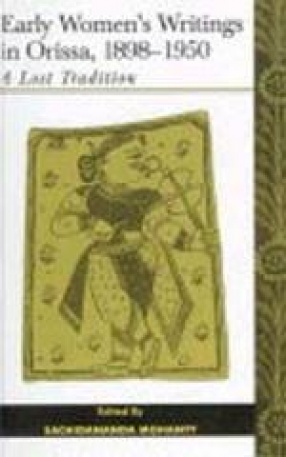
The sense of cultural continuity, which serves as the moorings of a society, involves both conjunctions and disruptions in tradition. These can become a shared legacy only when there is a process of historical recognition. However, a complex sex of processes--which include the idea of what constitutes a literary canon, the dominance of a particular kind of discourse and gender bias-push certain writings towards oblivion. Based on archival research, this ...
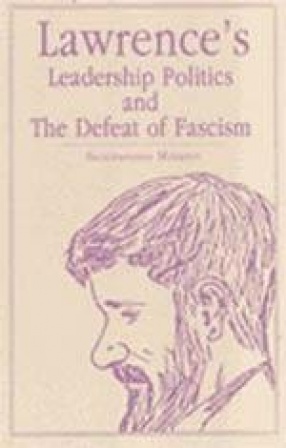
Despite his reputation as the " greatest imaginative novelist " of our times, D.H. Lawrence's politics and ideology continue to remain, even today, an object of enigma. In this critical work, Sachidananda Mohanty examines the charge - recurrently made - that Lawrence was a fascist who glorified the State and advocated, especially in his " leadership fiction, " a domineering male leadership ideal. There is a great deal of evidence that might ...
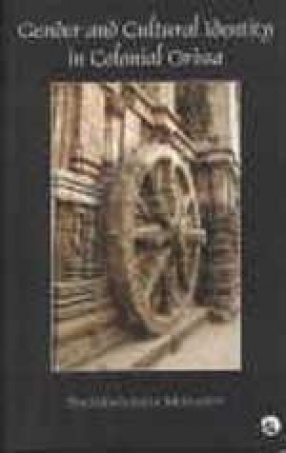
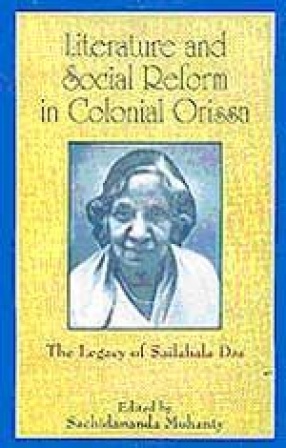
Retrieval and interpretation of India’s colonial past remains an essential task before literary critics and historians of culture. In this pioneering volume, Sachidananda Mohanty examines rare documents and archival material of 19th century Orissa in order to underline the central role played by Sailabala Das (1875-1968) vis-à -vis female education and social reforms in Orissa under the Raj. Professor Mohanty uses several literary modes such as travel, ...
